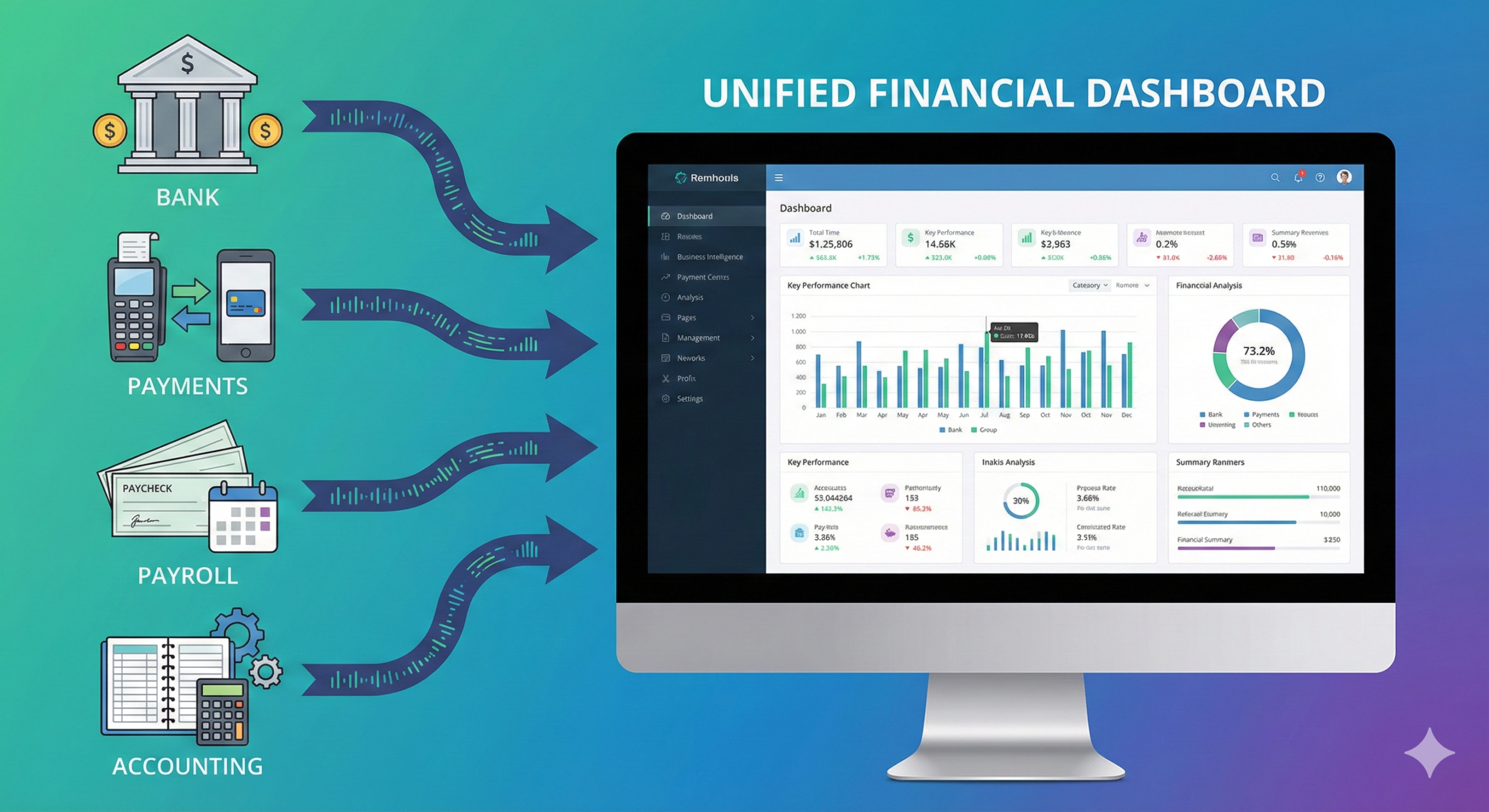VAT Rate in Nigeria 2025: Full Breakdown and New Tax Rules
VAT rate remains at 7.5%, continuing from the rate introduced in 2020. However, new reforms in the 2025 Tax Act …

VAT rate remains at 7.5%, continuing from the rate introduced in 2020. However, new reforms in the 2025 Tax Act are shaping how businesses manage VAT compliance.
This guide explains the vat rate in Nigeria, outlines the latest updates under the Tax Act 2025, and shows you how to stay compliant with minimal stress.
If you’re a startup preparing your financial systems for audits, check out our Nigerian Startup Data Room Checklist for key documentation tips.
Understanding VAT Rate Nigeria : Current Rate Overview
As of 2025, the standard VAT rate in Nigeria remains 7.5%, unchanged since the increase from 5% in 2020.
The Federal Inland Revenue Service (FIRS) continues to administer VAT at 7.5% on most taxable goods and services. Only zero-rated and exempt goods are excluded.
➡️ Visit FIRS for official updates.1`2
2. Proposed Changes to VAT Rate Nigeria
2.1 Government Proposals
In early 2025, discussions around fiscal reform suggested increasing VAT to 10% or 12.5% to boost government revenue. However, both the Senate and House of Representatives rejected the proposal after public opposition.
For now, the VAT rate remains fixed at 7.5%.
📎 Source: ThisDayLive (2025)
2.2 Why the Debate Matters
Arguments for the increase:
-
Nigeria’s tax-to-GDP ratio remains low.
-
The government needs more funding for infrastructure, education, and healthcare.
Arguments against the increase:
Suggested read: The Hidden Drain: 5 Ways Nigerian SMEs Lose Cash Without Noticing
-
VAT hikes could worsen inflation and reduce consumer purchasing power.
-
Small and medium-sized enterprises (SMEs) could face heavier compliance burdens.
For now, the government has chosen economic stability over higher taxation.
3. VAT Rate Nigeria : Zero-Rated and Exempt Goods
3.1 Zero-Rated Goods (0%)
Zero-rated goods attract 0% VAT, but businesses can still reclaim input VAT. Common zero-rated goods and services include:
-
Basic food items
-
Educational materials and tuition
-
Exports (non-oil)
-
Medical and pharmaceutical products
-
Electricity generation and transmission
-
Electric vehicles and related components
3.2 VAT-Exempt Goods and Services
Exempt goods do not attract VAT, and businesses cannot reclaim input VAT on them. These Agricultural machineries include;
Suggested read: The Rise of the Zero-Employee Finance Department
-
Financial services
-
Baby care products
-
Donor-funded humanitarian goods
Understanding whether your goods are zero-rated or exempt is essential to manage pricing and reclaim input VAT effectively.

4. VAT Rate Nigeria and the Tax Act Reforms
The Nigeria Tax Act , signed into law, introduces sweeping VAT reforms effective January 1, 2026.
4.1 Key Highlights
-
Wider VAT Scope: VAT now covers cross-border and digital transactions.
-
Non-Resident Registration: Foreign suppliers offering services in Nigeria must register for VAT.
-
Expanded Input VAT Recovery: Businesses can reclaim VAT on capital goods and certain services.
-
Mandatory E-Invoicing: All qualifying businesses must issue electronic VAT invoices.
-
Faster Refunds: Valid refund claims must be processed within 30 days.
These reforms aim to modernize Nigeria’s VAT system, promote transparency, and simplify compliance.
Suggested read: The Joint Revenue Board: How Your NIN, BVN, and Tax ID Are Now Linked
💡 Tip: Start preparing now. Align your accounting software with e-invoicing standards to avoid future penalties.
5. VAT Compliance Essentials
5.1 Who Must Register for VAT
Businesses with an annual turnover of ₦25 million or more must register for VAT. Non-resident entities providing taxable goods or services in Nigeria are also required to register.
5.2 VAT Invoice Requirements
A valid VAT invoice must include:
-
Supplier and buyer details
-
Tax Identification Numbers (TINs)
-
Description of goods or services
-
VAT rate and amount
-
Date and invoice number
❗ Failure to issue a proper VAT invoice may attract fines of up to 50% of the taxable value.
Suggested read: VAT Fiscalisation Explained: Why Your Business Needs Automated E-Invoicing Today
5.3 Input VAT and Refunds
Registered businesses can reclaim input VAT on purchases used to produce taxable supplies. Refunds are typically processed within 30 days once all documentation is verified.
For easy VAT tracking and filing, Zaccheus helps automate your VAT calculations, cash flow projections, and compliance reports.
6. Impacts on Businesses and the Economy
6.1 Impact on Businesses
-
Cash Flow Pressure: Upfront VAT payments can affect liquidity.
-
Digital Shift: The e-invoicing system requires technology upgrades.
-
Compliance Costs: Non-digital firms may need accounting assistance or automation tools.
6.2 Impact on Consumers
-
Stable VAT rate keeps prices manageable.
-
Expanded exemptions help protect lower-income households.
6.3 Impact on the Economy
Maintaining 7.5% prevents inflationary spikes while broadening the VAT base.
Improved tax transparency will help Nigeria grow its non-oil revenue base sustainably.
Suggested read: Personal Income Tax vs Company Tax: Which Registration Is Better for You?
7. Frequently Asked Questions
Q1: What is the VAT rate in Nigeria in 2025?
The VAT rate remains 7.5%, unchanged since 2020.
Q2: Will the VAT rate increase soon?
No. Although there were proposals to raise it, the National Assembly rejected them in 2025.
Q3: What’s the difference between zero-rated and exempt goods?
Zero-rated goods attract 0% VAT and allow recovery of input VAT, while exempt goods attract no VAT but disallow recovery.
Q4: When do the new VAT rules take effect?
The new rules under the Tax Act 2025 will apply starting January 1, 2026.
Q5: How can I manage VAT compliance efficiently?
You can automate your VAT tracking and filing with Zaccheus — your AI CFO that simplifies accounting and tax compliance for Nigerian businesses.
8. Conclusion: What the VAT Rate Nigeria 2025 Means for You
The VAT rate in Nigeria for 2025 remains at 7.5%, but significant changes are coming under the Nigeria Tax Act 2025, effective in 2026.
To stay compliant and future-ready:
✅ Review your VAT registration and record-keeping.
✅ Implement e-invoicing early.
✅ Prepare for refund and filing process updates.
Related Reading: Explore more insights and finance tips for Nigerian startups and SMEs on Zaccheus Blog.
Suggested read: Tax Credit for Going Digital in Nigeria: 2026 Guide


